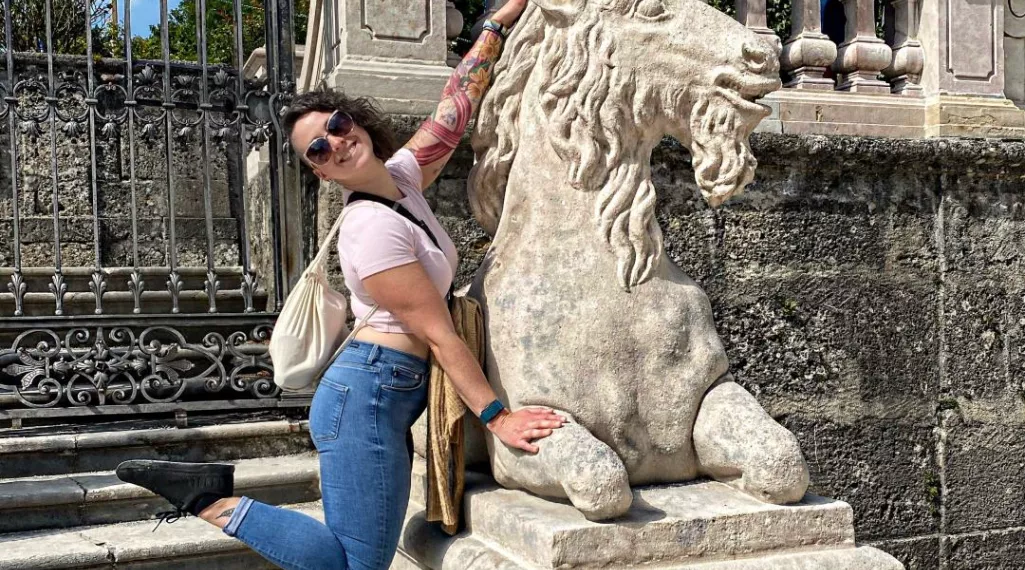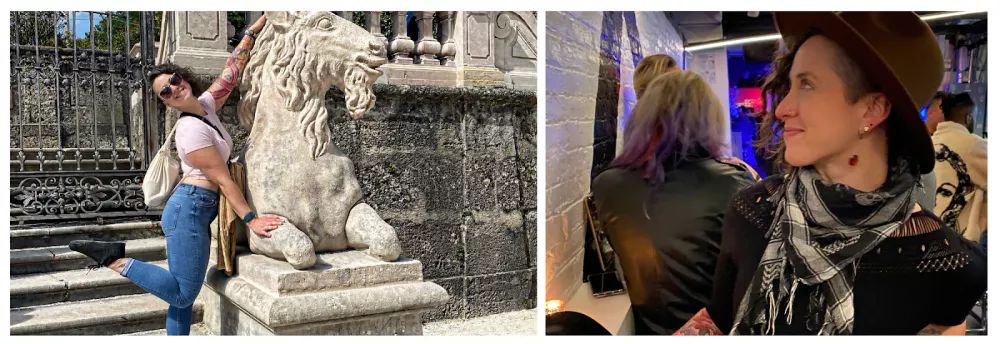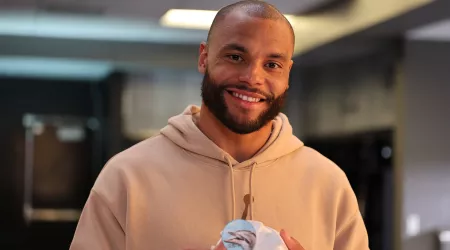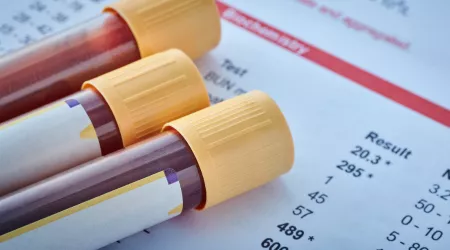
My first colonoscopy was great, except for three little things

Contributed by Francesca Arminio, Alliance Email Marketing Manager
If someone told me I’d have my first colonoscopy at 33, I wouldn’t have believed them. As an avid CrossFit athlete and circus artist, I pride myself on being healthy and in tip-top-shape. My diet is incredibly clean, I am not much of a drinker, and I have never even touched a cigarette. I like to think of myself as a pillar of health.
Working for the Colorectal Cancer Alliance, I frequently joke with friends that “I know too much,” when really, I am lucky to know just enough. I know the statistics — 1 in 23 men and 1 in 25 women will be diagnosed with colorectal cancer, and young-onset is on the rise! Knowing all this, it still took me five months to make an appointment to see a GI specialist after seeing some blood, a potential symptom of colorectal cancer.
When the day of my appointment finally arrived, I was ready to be my own advocate and demand to have my symptoms taken seriously. Being under the age of 45, I am not at the recommended screening age. I was prepared for a fight. I luckily did not have to. After a thorough conversation with my doctor where he asked me a myriad of questions about my recent changes in lifestyle and diet, his recommendation on next steps were clear: colonoscopy.
I was shocked, thrilled, relieved, and nervous. In less than a week, I would have some answers.

I'm an avid CrossFit athlete and circus artist, and vegetables make up 90% of my diet.
The prep wasn’t as bad as I thought it would be. I was given the pill version, which was easy to take. I already drink a lot of water, so that part was a piece of cake. As someone who doesn’t eat meat or dairy, changing my diet to be low/no fiber was the most difficult part of the prep experience. Vegetables make up 90% of what I eat and there aren’t many resources for how to prep for your colonoscopy as a vegetarian/vegan. White bread, tofu, peanut butter, and rice crackers were my friends.
When the day finally came, I was ready. I had my ride set to pick me up and prepared to come home and relax for the rest of the day. Our colonoscopy prep tips provided helpful advice. Everyone at the procedure location was fantastic. It is funny to think about just how comfortable all of the staff helped make me feel. I greatly appreciate them because a procedure like this can be extremely scary for folks.
My nurses hooked me up to my IV, I rolled over onto my side, closed my eyes, and I was out. When I woke up, my doctor was there waiting for me. He found and removed three small polyps, two in my rectum and one in my transverse colon. They were there, and now they are gone, and I was told I’d need to do this again in five years. In five years I will be 38, still under the recommended age of 45.

My advice: Get checked. Cancer doesn’t care about your age or health.
A few days later I received a call with the pathology report. Two of the polyps were serrated polyps and wouldn’t likely have turned into anything. One caused some concern. It was a traditional serrated adenoma, which according to my pathology report “are intrinsically aggressive lesions and should be treated as advanced adenomas for screening purposes.” My doctor reassured me that he removed it completely but, because of the aggressive nature of this type of polyp, he was updating my record for me to return in three years, instead of five.
What would have happened if I hadn’t taken the step to get screened? That is a question I cannot truly answer. What I can say is that cancer doesn’t care who you are or how healthy you feel. Get screened. It could save your life.
To find out which screening option is best for you, visit quiz.getscreened.org. You will be provided with a personalized screening recommendation based on your risk level.
If you are currently experiencing symptoms, such as rectal bleeding, abdominal discomfort, or a change in bowel habits, contact your primary care physician or gastroenterologist (GI doctor) immediately.
For any additional questions, please contact the Alliance’s toll-free Helpline at (877) 422-2030.
Top resources

Legislation introduced to address young-onset CRC
Explore the urgent need for the Colorectal Cancer Early Detection Act (HR 7714), legislation aimed at combating the rising incidence of colorectal cancer among younger adults through enhanced screening, education, and research.

Dak Prescott joins Alliance to ‘LEAD FROM BEHIND’
Initiative aims to reduce stigma and educate about screening choices, as the Colorectal Cancer Alliance launches a health equity fund to decrease disparities.

Act now to create a coverage pathway for future blood-based detection
On the horizon are blood tests that have shown the ability to detect a variety of cancers including colorectal and rare cancers. Though these tests are still in development and are not yet approved by the FDA, clinical trials have shown impressive results.





